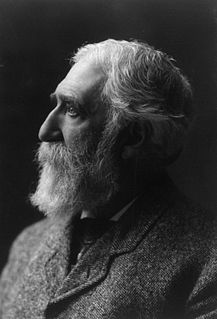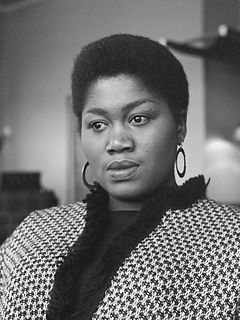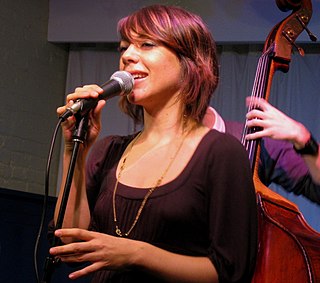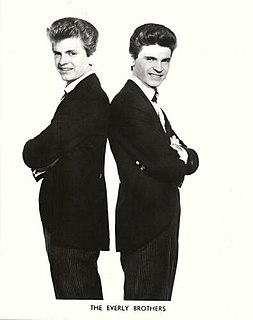A Quote by Charles Dudley Warner
One of the advantages of pure congregational singing is that you can join in the singing whether you have a voice or not. The disadvantage is that your neighbor can do the same.
Quote Topics
Related Quotes
You start singing by singing what you hear. So everyone, when they first start singing, they naturally are singing like whatever they're hearing, because that's the only way you learned how to sing. So when I was growing up on Lauryn Hill, when I started singing her songs, I literally trained my voice to be able to do runs.
I had a teacher who stressed for me the importance of diction in terms of... I want to be very careful about how I say this... in terms of supporting one's voice when one is singing. In other words, if you hold on to your words, your voice will pull through for you when you're singing. So be true to your vowels.
You want to have a feeling when you sing that you just love singing; you love the feeling of singing, and you love this feeling of this voice coming out of your body into this world. It's about really getting that most beautiful, pure, centered tone, thinking about the story of each song and the lyrics, and connecting your own life to that story.
Singing harmony is not the same as singing a part in a choral group, where you know you're going to have to hit this note and then that note. There are nuances that change every day. Maybe today you have a slight cold or voice fatigue, or you've done something and there's a slight difference in your breathing.
What is certain is that singing is not merely modulating a song by means of the voice: we sing and we celebrate the beauty that we can grow and live every day. If you want to sing and give emotions to those who are listening, you must have something to tell through your singing; you have to use singing like an instrument to tell something.






































